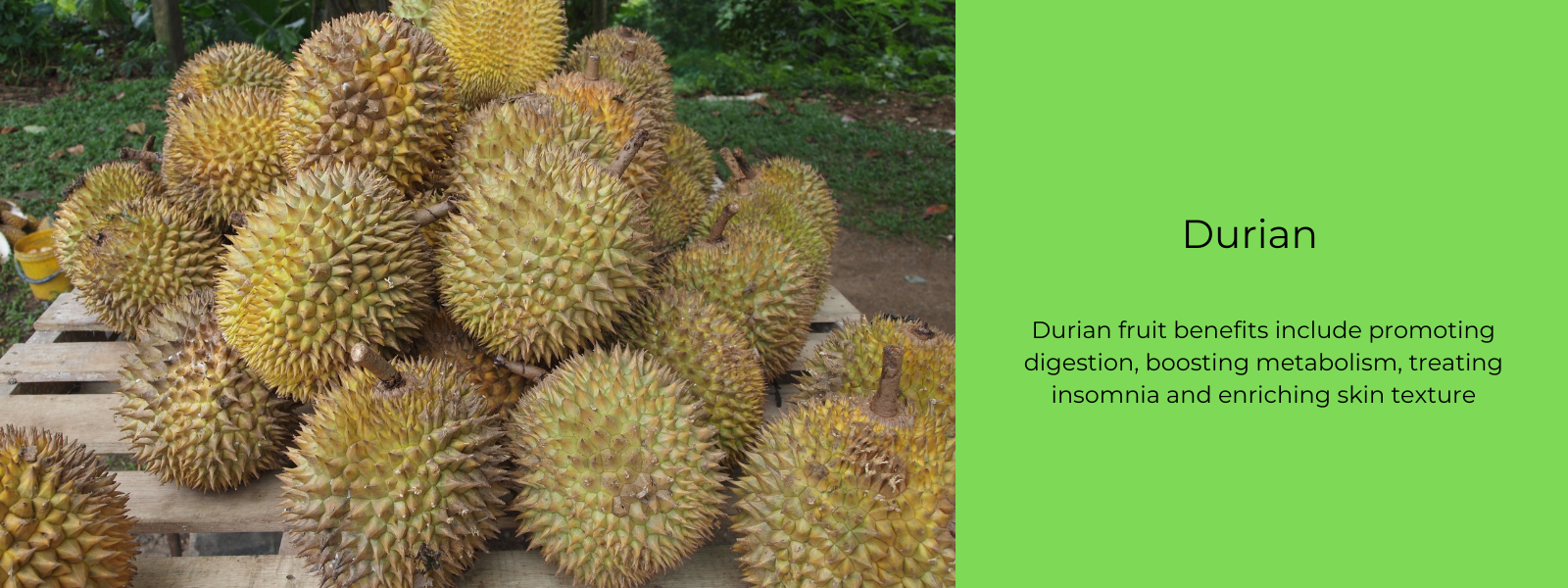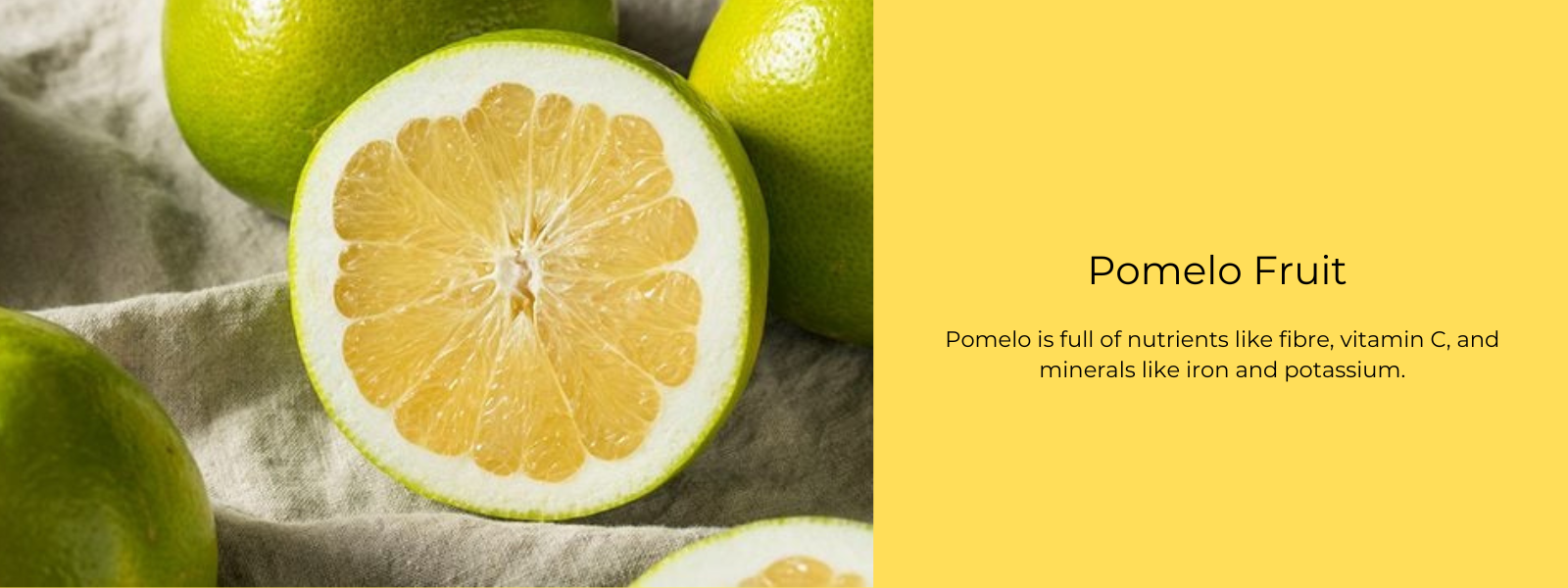Aadu fruits, also called as peaches in English, are a true miracle of nature. They help keep our hearts healthy, protect us from cancer, and improve our skin, nerves, bones, and teeth. Add these tasty summer fruits to your diet to get the health benefits they offer and improve your health as a whole.
Table of Contents
What is aadu fruit?
The scientific name for peaches is Prunus persica, but most people call them "Aadu" in Hindi, "Pica" in Bengali, "Alu" in Gujarati, and "Peechu Pandu" in Telugu. The peach, or aadu fruit, is a popular summer food in India. It grows best from early April to the end of June, when it is hot. This fruit is full of important nutrients and has great health benefits for people.
Origin of aadu fruit:
The peach tree was first grown in the northwest of China. From there, it spread to places like Spain, Italy, the southern United States, northern Thailand, and India. Usually, it is grown in the subtropical, colder mountainous areas of the Indian state of Meghalaya in the north-east. It is also grown in other states in the north-east, Punjab, Jammu and Kashmir, and the southern hill stations.
Aadu tree description:
The aadu trees can get as tall as 7m, are wide and tall, and have oval-shaped leaves and pink flowers with five petals. This drupe fruit belongs to the same family as apricots and nectarines. When it's ready, the inside is pale yellow to off-white, and there's a big seed in the middle. This has a yellow-orange to red skin on the outside that feels fuzzy and velvety. The peach fruit is often used in desserts, salads, juices, and jams because it has a light, pleasant smell and a sweet, slightly sour taste.
Nutritional content of aadu fruit:
The aadu fruit is a tasty summer treat that is very low in calories and has no sodium or cholesterol at all. This is a very impressive list of nutrients. It also doesn't have any saturated fats and has a lot of vitamins C, A, and E, all of which are good antioxidants. Peaches have a lot of iron, potassium, magnesium, phosphorus, and zinc, which are all important trace minerals. Also, they are full of cytoprotective polyphenolic compounds like catechins, rutin, and anthocyanins, which make them very healthy.
Health benefits of aadu fruit:
Aids in DigestionPeaches have a lot of natural fibers, which help control your appetite and stop you from eating too much junk food. This keeps you from getting fat and diabetes. Also, they make it easier for processed and unprocessed food particles to move through the gut, which makes constipation less likely. Aadu fruits also lower your risk of getting inflammatory bowel disease and ulcerative colitis in your gut.
Fortifies Bones
Peaches strengthen the body's connective tissues because they contain phosphorus, a trace mineral that keeps bones strong and in shape. When peaches are a regular part of a person's diet, they help keep serious bone diseases like osteoporosis and arthritis at bay. Phosphorus also controls how much calcium is absorbed by the tissues in your teeth, which strengthens your gums and jawbones.
Help heart function properly
Several scientific studies have shown that eating peach fruit regularly in controlled amounts lowers the amount of bad LDL cholesterol and triglycerides in the blood by a large amount. Most of the time, these fats clog the arteries, which can cause high blood pressure symptoms. People with very high systolic and diastolic blood pressure will benefit the most from a diet that raises good HDL cholesterol and lowers bad LDL cholesterol. Peaches can also reduce blood pressure and relieve tension in the arteries, which can help prevent serious heart problems like atherosclerosis.
Anti-cancer
The antioxidants in aadu fruit that belong to the polyphenolic class are very good at preventing cancer. These compounds work by stopping harmful free radicals from oxidizing healthy cells in important organs like the kidney, liver, and bones. This gives the system important cytoprotective properties. This, in turn, keeps healthy cells from multiplying in an uncontrolled way, which stops cancer from spreading.
Maintains Blood Sugar
Peaches are a treasure trove of polyphenol antioxidants, which have powerful effects on blood sugar. This helps keep blood sugar levels from jumping up and down quickly and also makes insulin more sensitive to glucose molecules in the body. In this way, diabetes symptoms are well taken care of, the pancreas works much better, and normal metabolism and insulin activity are kept.
Aids in hair growth
Peaches have a lot of things that help hair grow long, strong, and thick. These things are called "hair-strengthening" components. High levels of biotin stop hair loss and heal a dry scalp that doesn't get enough nutrients. Peaches also have a lot of B vitamins, which help hair grow and get rid of dandruff. These vitamins work by stimulating the hair follicles or roots.
Boosts immunity
The pulpy part of a peach is full of vitamin C, which is a key part of keeping the body's immune system in good shape. Peaches also have rutin, a powerful antioxidant that naturally has anti-inflammatory and anti-microbial properties and helps fight infections. If you drink a glass of peach juice once a week, it can help your body's defenses work better and keep you from getting coughs, colds, and fevers.
Improves skin
Peaches have a lot of zinc, which is a very important trace mineral. Zinc is needed to make collagen, which helps heal wounds and other damaged tissues. Also, aadu fruits have powerful antioxidants called catechins that are very good at slowing down the ageing process and making the skin feel younger. The oil extracts and essence of peach are used in skincare products and cosmetics to make skin look healthy and glowing, and the fruit can also be eaten in salads. It can also be used to make face packs at home.
Protects Nervous System
Peaches have powerful antioxidants that come from plants. These antioxidants help protect the brain cells in the body. The group of phenolic compounds called anthocyanins protects the neurons in the brain from damage and injury. Neurons are the specialised cells in the brain. So, eating aadu fruits is a great way to lower the risk of neurodegenerative diseases like Alzheimer's.
How to add aadu fruit to your diet?
Here are some ways you can eat more peaches.
- Put it in your salad for the summer. Mix them with red peppers, diced jalapenos, chipotle peppers, and mango.
- Include them in your breakfast. They go well with oatmeal and other cereals.
- You can eat them as a quick and easy snack that doesn't need to be made ahead of time.
- A quick and healthy dessert is to bake sliced aadu with honey and cinnamon.
- They can go in your smoothie.











Leave a comment